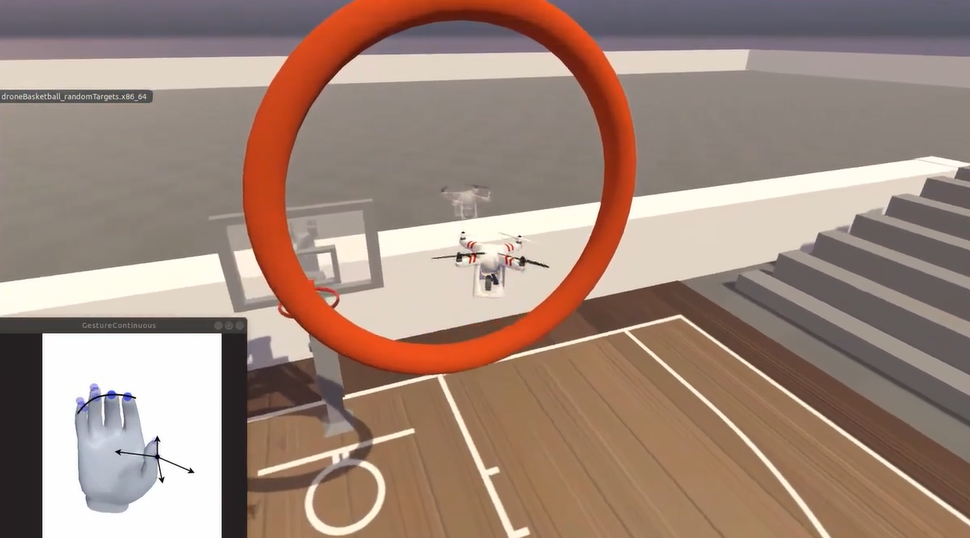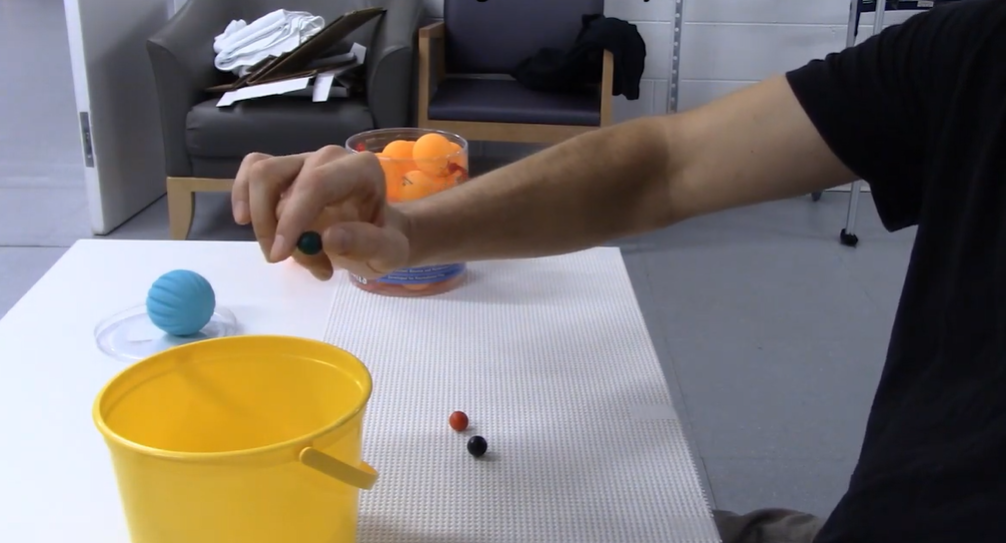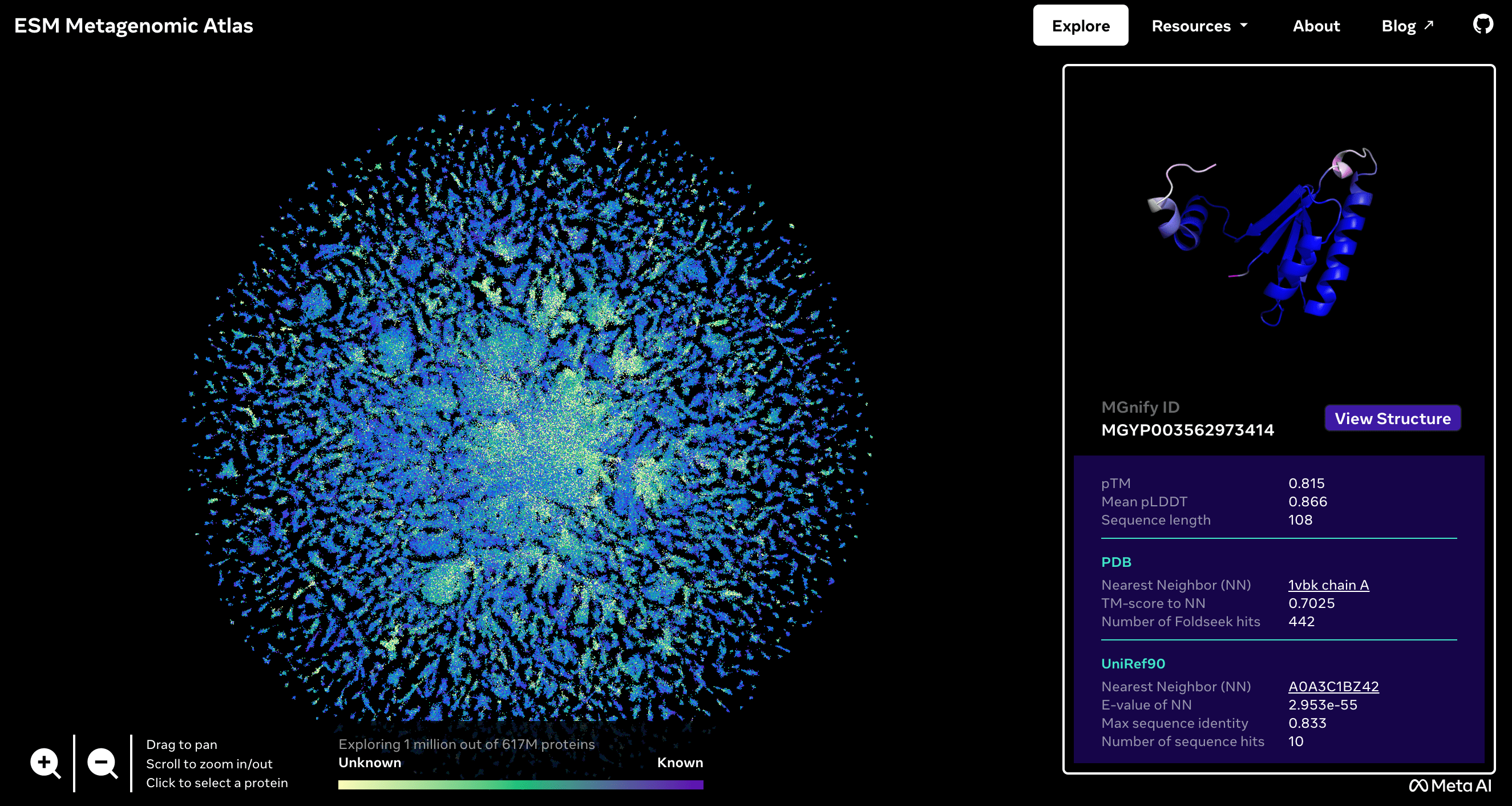Brain-computer interface allows paralysed person to play video game
A multidisciplinary team of researchers in the United States has implanted a paralysed person with a brain-computer interface capable of detecting and decoding finger movements. The system achieved a degree of accuracy that allowed him to play a video game. The results are published in the journal Nature Medicine.




